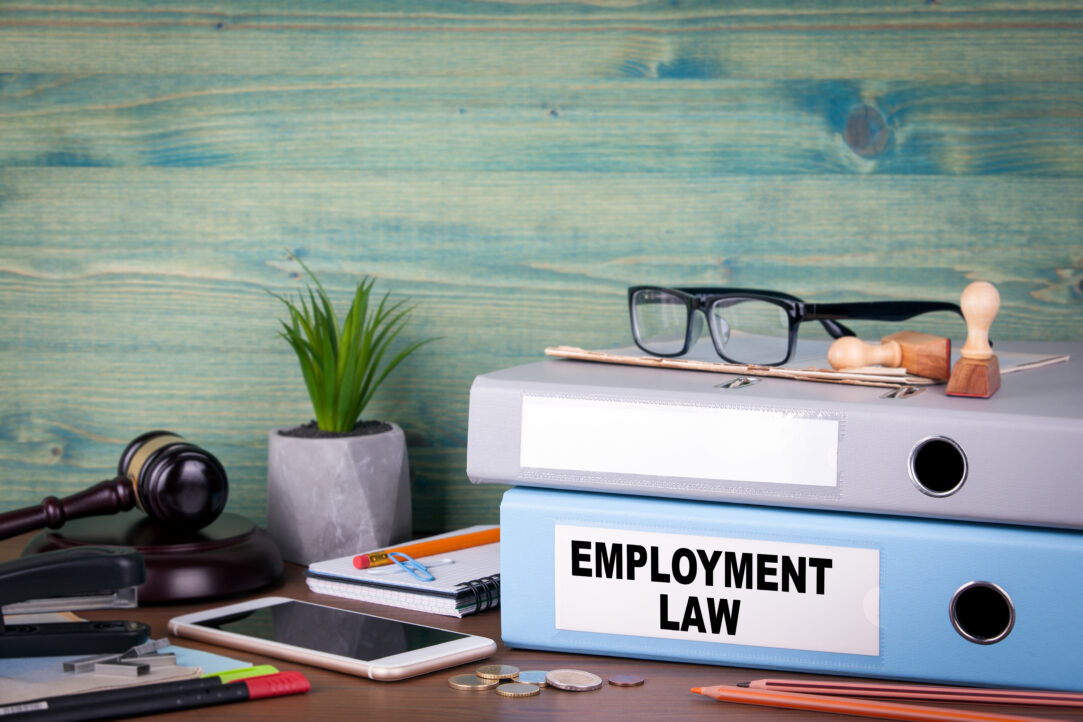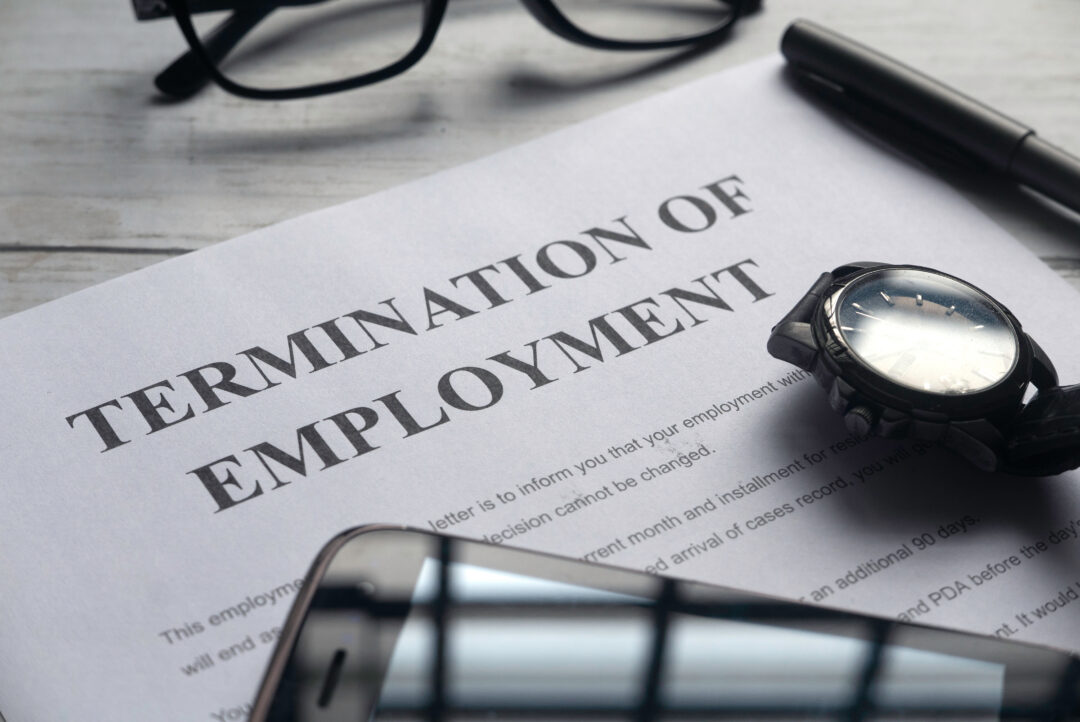- 08 Jun 2021
- •
- 2 min read
Employment Alert – Health & Safety Detriments – protection for workers

Health & Safety Detriments – protection for workers.
What’s happening
Workers are now able to benefit from health and safety protections which previously only applied to employees.
The Employment Rights Act 1996 (Protection from Detriment in Health and Safety Cases) (Amendment) Order 2021 extends to workers the protection against a detriment for refusing to attend work where they reasonably believe that they or someone else will be in serious and imminent danger.
This applies to detriments to workers on or after 31 May 2021.
Why is this important?
The protection against detriment (contained in s44 of the Employment Rights Act 1996) has applied to employees for a long time. Although prior to the Coronavirus pandemic, it was rarely used in practice.
With the spread of Covid-19 – and the recommendation that staff work from home where they can – this protection suddenly became much more relevant. Employees can seek to rely on section 44 as grounds on which to refuse to return to work if they reasonably believe that they – or perhaps a family member – will be at risk of danger by doing so. The employer would then need to think very carefully about whether any detriment to the employee for such refusal would be unlawful.
Up until now, this protection has only applied to employees. The extension of this to workers widens its scope considerably. It means that a greater number of people are now able to argue that they should not suffer any detriment for refusing to come to work while Covid-19 remains a risk.
What should you do?
Whether this protection applies in any particular case remains very fact specific, but it’s now more important than ever for employers to ensure that their workplace is Covid secure.
Where an employee or worker is refusing to return to work because they feel unsafe, employers should engage with them to understand why this may be and to confirm what measures they have already put in place to alleviate such risks. There could be circumstances which place the individual or their family at particular risk, in which case the employer may need to be more lenient.
If an employer can show that the workplace is safe, it will be much harder for employees or workers to argue that they ‘reasonably’ believe there to be a serious and imminent danger in coming to work.
If they do argue this, and the employer wishes to discipline them or withhold their pay for refusing to come to work, legal advice should be sought.
If you need more information please contact us on 0800 2800 421 or email [email protected] to find out how we can help.





